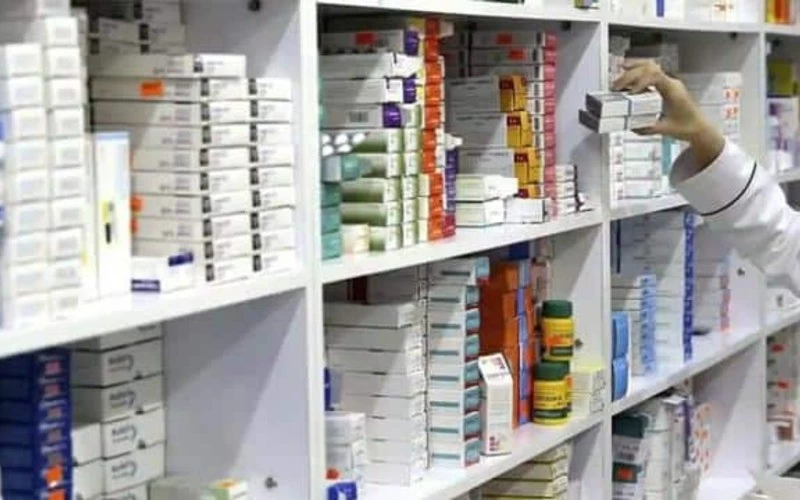New Delhi : The Supreme Court on Tuesday said that gifts given by pharmaceutical companies to doctors are not free. Their effect comes in the form of drug price increases, creating a dangerous public vicious circle. Making these observations, the apex court dismissed the plea of pharma companies to include the cost of free gift giving in the income tax exemption.
The top court said that giving gifts to a medical practitioner is prohibited by law. Pharma companies cannot take advantage of income tax exemption on this under section 37(1) of the Income Tax Act. Under this section, any such expenditure which is incurred for carrying on the business is exempted from income tax.
In the judgment on this matter, a bench of Justice UU Lalit said that the doctor has such a relationship with the patient, whose single word written is final for the patient. Even if the medicine prescribed by the doctor is expensive and out of reach of the patient, he tries to buy it. In such a situation, it becomes a matter of great concern when it is found that the consultation written by the doctor is related to free gifts from pharma companies.
The top court said that the supply of freebies (conference fee, gold coin, laptop, fridge, LCD TV and travel expenses etc.) are not free, they are added to the cost of medicines. This increases the price of the drug. Giving a freebie is absolutely against public policy, it is explicitly prohibited by law.
According to sub-rule 6.8 of the Indian Medical Council Regulations, 2002, giving freebies of pharma companies to doctors is punishable. Accordingly, the CBDT had said in the judgment that it is illegal for companies to give gifts to medical practitioners. Therefore, their expenditure on this head cannot be added to the income and business promotion of the companies. Because, it is spent in illegal work and illegal expenditure cannot be exempted from income tax benefit. This decision was challenged by the pharmaceutical companies in the Supreme Court.


